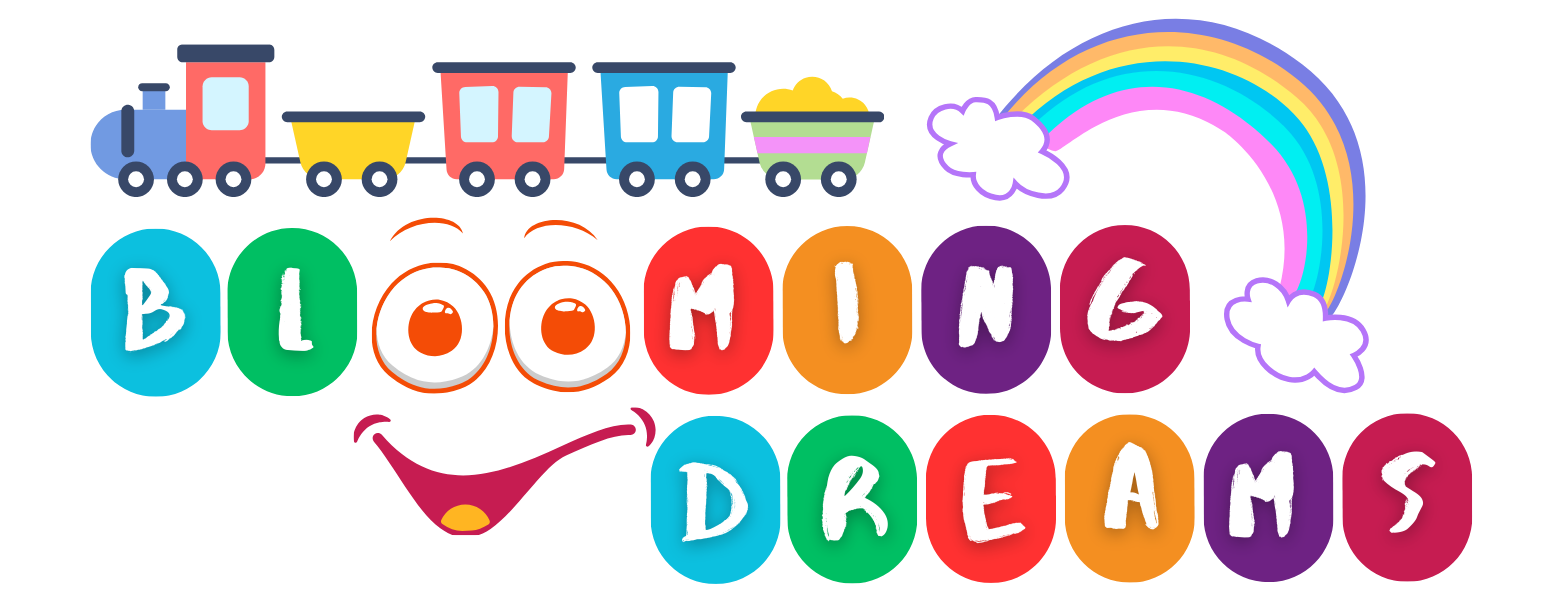Igniting Potential: Number 1 way for early Brain Development in Children which can he

-
Early brain development in children
-
Early brain development in children:-
-
Early brain development in children is a remarkable journey that lays the foundation for their future cognitive, emotional, and social growth. Understanding this critical phase and implementing effective strategies can significantly impact a child’s overall development. In this comprehensive guide, we explore the intricacies of early brain development and provide insights into key strategies aimed at optimizing children’s cognitive potential.
Understanding Early Brain Development
From the moment a child is born, their brain begins a rapid process of growth and development. During the early years, particularly from birth to age three, the brain undergoes a remarkable period of neuroplasticity, where neural connections are formed at an astonishing rate. This critical window presents an opportunity for caregivers and educators to shape the neural architecture that will support a child’s learning and development throughout their life.
Importance of Stimulation and Enrichment
Stimulation and enrichment are essential factors in promoting optimal brain development during the early years. Engaging children in activities that stimulate their senses, such as reading, singing, and interactive play, helps to strengthen neural connections and promote cognitive development. Providing a rich and stimulating environment encourages curiosity, exploration, and problem-solving skills, laying the groundwork for future academic success.
Nutritional Support for Brain Health
Proper nutrition is crucial for supporting brain health and development in children. Essential nutrients such as omega-3 fatty acids, vitamins, and minerals play a vital role in neuronal growth and synaptic connectivity. Incorporating a balanced diet rich in fruits, vegetables, whole grains, and lean proteins provides the necessary nutrients to fuel young brains and support optimal cognitive function.
The Role of Quality Sleep
Quality sleep is essential for children’s cognitive function, memory consolidation, and emotional regulation. Establishing a consistent bedtime routine and creating a conducive sleep environment are key factors in promoting healthy sleep habits from an early age. A good night’s sleep allows the brain to recharge and process the day’s experiences, facilitating optimal learning and development.
Limiting Screen Time for Healthy Development
In today’s digital age, excessive screen time can have detrimental effects on children’s brain development. Limiting screen time and encouraging alternative activities, such as outdoor play and creative exploration, are essential for promoting balanced brain development. Engaging in hands-on learning experiences and meaningful social interactions fosters creativity, critical thinking, and social skills, while reducing reliance on electronic devices.
Cultivating Positive Relationships
Positive relationships and nurturing interactions are fundamental to children’s emotional and cognitive development. Responsive caregiving, secure attachment, and meaningful social connections provide a supportive foundation for healthy brain development. Creating a loving and supportive environment fosters trust, empathy, and emotional resilience, shaping the architecture of the developing brain.
Reducing Screentime
Reducing screen time for children has become increasingly important in today’s digital age, where electronic devices are ubiquitous. Excessive screen time has been associated with various negative effects on children’s physical health, mental well-being, and overall development. In this article, we’ll explore the reasons why reducing screen time is crucial and provide practical tips for parents and caregivers to limit children’s screen time effectively. Reducing screen time for children is essential for promoting their physical health, mental well-being, and overall development. By setting clear limits, providing alternative activities, and fostering a healthy balance between screen time and other activities, parents and caregivers can help children develop healthy habits and thrive in today’s digital world.
Conclusion
In the dynamic landscape of early brain development, every interaction, experience, and environment plays a pivotal role in shaping the trajectory of a child’s growth. By understanding the principles of early brain development and implementing effective strategies such as stimulation, nutrition, quality sleep, and positive relationships, we can unlock the full potential of young minds and empower them to thrive in a complex world. As caregivers, educators, and advocates, let us embark on this journey with dedication, compassion, and a deep commitment to nurturing the next generation of thinkers, dreamers, and innovators
